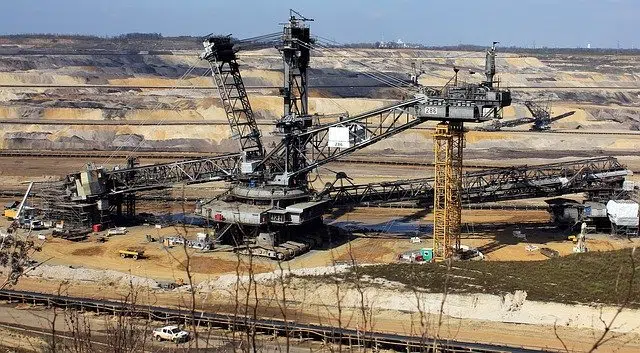
For agriculture, a field is an economic resource.
Economic resources are the material or immaterial means that allow certain needs to be satisfied within the production process or commercial activity of a company .
These resources, therefore, are necessary for the development of economic, commercial or industrial operations. Accessing an economic resource implies an investment of money: the important thing for the company to be profitable is that said investment can be recovered with the use or exploitation of the resource.
For example: a field is an economic resource that allows the development of agriculture . Said resource can become unviable from an economic point of view if it is located in the middle of the mountains or in some geographical area that requires too much money for its exploitation.
Scarcity of economic resources
Right now there is a lot of talk about this type of resources, specifically their scarcity. And due to the economic crisis it is common to say that many families in the world now find themselves without economic resources to survive.
This has made many people feel the need to undertake, to start a business, with the clear objective of achieving economic stability that sustains their environment. An action in which it is vital that you take into account the following tips when starting it with limited financial resources: you have to promote yourself on social networks that are free, you have to offer added value to the client, you have to provide a differentiating product compared to the competition…
The factors of production
The concept of economic resource is often mentioned, on many occasions, as a synonym for factor of production . Productive factors are the resources that are combined in the production process to add value in the production of goods or services.

Machinery is an essential economic resource for the development of industrial activities.
In the case of Spain, for example, it is established that the country's economic resources are based on several pillars:
Primary sector. This area includes all the resources obtained in the field of agriculture, livestock and fishing.
Secondary sector. Under this name are all those economic resources that are obtained through the development of activities such as mining and industry. In the latter case, we would find various variants: agri-food, chemical, textile, metal...
Tertiary sector. This is also known as the service sector, which we can say is the one that has to do with the wealth that is generated in areas such as tourism, commerce or transportation.
Economic resources according to Smith
The Scottish economist Adam Smith ( 1723 – 1790 ) recognized three factors of production that participate in economic activity and that are rewarded in the market : land (rewarded through rent), labor (whose compensation is wages) and the capital (which benefits from the interest).
Current economic science includes other economic resources as productive factors, considering that they are indispensable elements within today's complex activity. Technology and science usually appear, then, as a new productive factor, just like human capital or social capital.
